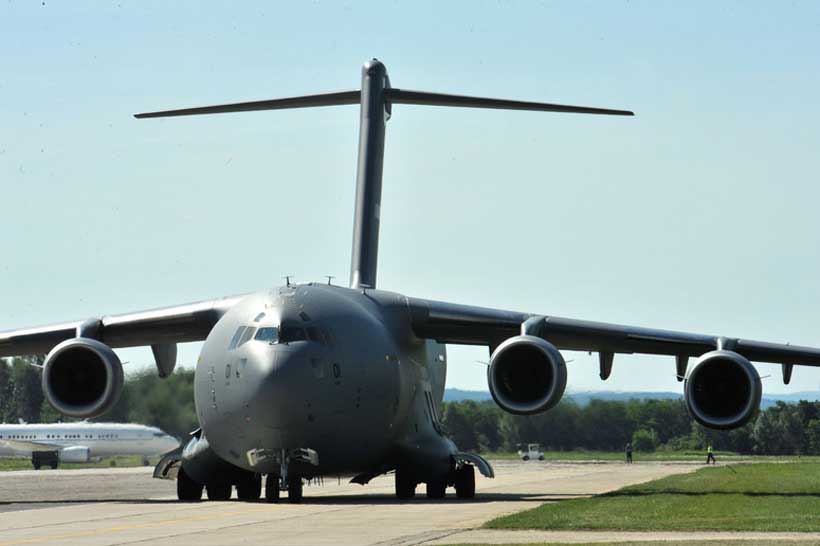Background
For years, the U.S. has provided European allies, particularly NATO’s eastern flank states, with training and equipment under Section 333, a defense authority designed to bolster partner capacity. The program has been an important political signal of U.S. commitment to the Baltic States; Lithuania, Latvia, and Estonia, as they confront ongoing Russian aggression and spend record levels of GDP on defense.
What Happened?
On Friday, September 5th, the Lithuanian Defense Ministry confirmed that the U.S. Department Of Defense informed European partners that Section 333 aid will be set to zero for Europe, starting in the next fiscal year.
The move still requires Congressional approval, but reflects Washington’s firm stance towards foreign aid under the Trump administration.
Lithuania has received $200.3 million under Section 333 from 2018-2022, while Latvia and Estonia together received $360.2 million from 2018-2021 under the same program.
The cuts will not impact the U.S. troop deployments within Europe, nor the separately funded Foreign Military Financing Program, which is ran by The State Department.
Estonia has signaled that the final decision could change, observing the necessity of American Congressional approval.
Why It Matters:
The rollback of Section 333 marks more than just a budgetary shift, it represents the deteriorating U.S. political support for frontline NATO allies, even as they dramatically increase defense spending in response to Russia’s 2022 invasion of Ukraine. The aid has helped accelerate Baltic defense modernization and ensured compatibility with U.S. systems. While the Baltics plan to spend over 5% of GDP on defense next year, the loss of U.S. assistance could complicate procurement and training pipelines.
Stakeholder Reactions:
- Vaidotas Urbelis, Lithuanian Defense Policy Director: Confirmed that the cuts will take over portions of the funding of the Baltic Security Initiative, which is also currently under U.S. review.
- Estonian Defense Ministry: Emphasized that U.S. assistance has been a “very important political signal” and enabled faster defense capacity development.
- Baltic Governments: Acknowledges that the aid carries both symbolic and functional weight, demonstrating NATO’s deterrence posturing against Russia.
What’s Next?
The cuts are not yet final and will depend on Congressional negotiations, with Baltic officials expected to lobby Washington to preserve some level of support. If eliminated, Lithuania and its neighbors may seek to fill gaps through domestic spending or EU support, even as they prepare for record-high defense budgets. The decision will be closely watched as a signal of U.S. commitment to NATO’s eastern flank at a time when deterrence against Russia remains a priority.


